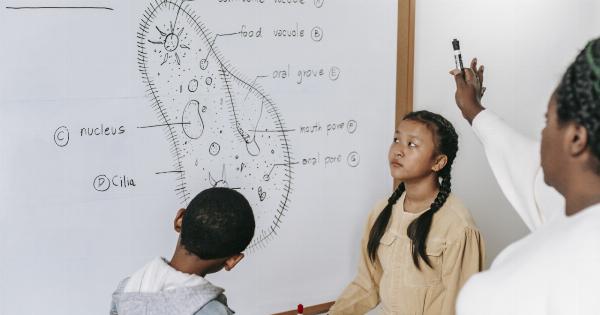As loyal and faithful companions, dogs are a popular choice for pets and animal lovers alike.
But did you know that dogs can also have a positive impact on children’s emotional development? From boosting self-esteem to providing comfort during difficult times, here are just a few ways that dogs can benefit children’s emotional growth.
1. Unconditional Love and Support
Dogs are known for their unconditional love and support, which can be incredibly beneficial for children. Whether they’re feeling upset, anxious, or just need a friend to talk to, dogs are always there to lend a listening ear (or paw!).
Having a furry companion in their life can help children feel more confident and supported, providing a sense of security and stability during challenging times.
2. Developing Empathy and Compassion
Research has shown that interacting with animals can help children develop empathy and compassion. By caring for and showing kindness towards their furry friends, children can learn valuable lessons about empathy, respect, and responsibility.
Dogs can also serve as a helpful tool for teaching children about emotions, helping them learn to recognize and respond to facial expressions, body language, and other social cues.
3. Building Confidence and Self-Esteem
Dogs can also help children develop confidence and self-esteem. As children take on more responsibility for their furry friends – from feeding and grooming to training and exercising – they can gain a sense of pride and accomplishment.
Dogs provide a non-judgmental, supportive presence, which can help children feel more confident in themselves and their abilities.
4. Reducing Anxiety and Stress
Dogs can also provide a sense of calm and comfort for children who are feeling anxious or stressed.
Research has shown that pets – including dogs – can help reduce feelings of anxiety and depression, providing a source of comfort and emotional support. This can be especially valuable for children who are struggling with mental health issues, providing a non-judgmental, supportive presence during difficult times.
5. Creating Fun and Positive Memories
Finally, dogs can help children create fun and positive memories that can last a lifetime. From playing fetch in the backyard to going on long walks in the park, the bond between a child and their dog can be a source of joy, laughter, and adventure.
These positive memories can help children build a strong emotional foundation, providing a sense of happiness and comfort that can carry over into adulthood.
The Bottom Line
Dogs can have a positive impact on children’s emotional development in a variety of ways.
From providing unconditional love and support to helping children develop empathy, confidence, and self-esteem, dogs can be valuable companions for children of all ages. Whether you’re considering getting a dog for your family or simply want to explore the benefits of pet ownership, there’s no denying that dogs and children can make a powerful duo.






























